Granular vs. liquid fertilizer for first-year roses/deadheading
jeff_zephyr
16 years ago
Related Stories
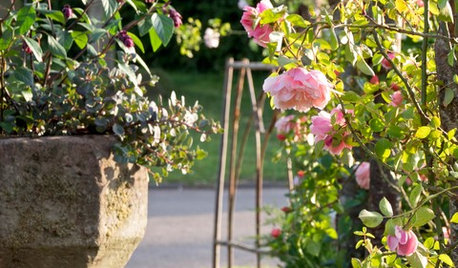
GARDENING GUIDESHow to Deadhead Roses and Other Garden Favorites
Follow this basic guide and learn how to properly deadhead roses and other flowers
Full Story
WINTER GARDENINGPruning Secrets for Exquisite Roses
Encourage gorgeous blooms year after year with this time-tested advice on how to prune your rosebush in winter for health and shape
Full Story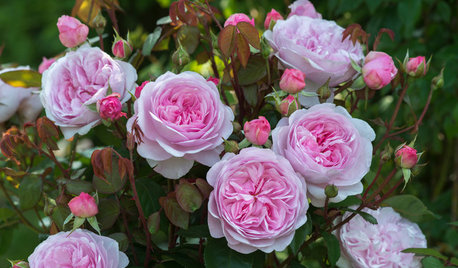
ROSES9 Roses That Landscape Designers Love
See which beautiful and reliable rose varieties are favored by designers around the country
Full Story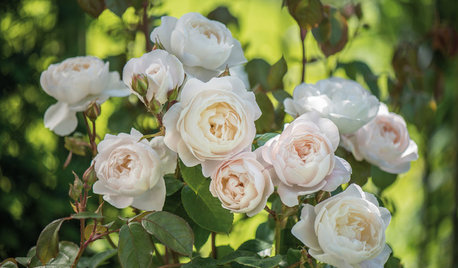
SUMMER GARDENINGHow Are Your Roses Doing? A Complete Summer Guide
Follow these tips to keep your roses healthy and beautiful throughout the warm season
Full Story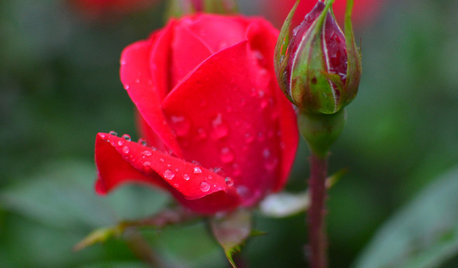
GARDENING GUIDESGreat Design Plant: Knock Out Roses
As glorious as their high-maintenance kin for a fraction of the work, Knock Out roses make even beginners look like garden stars
Full Story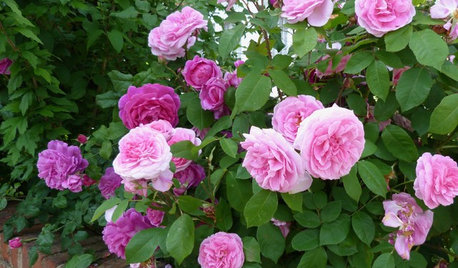
GARDENING GUIDESWhat Kind of Roses Should You Grow?
Want to add the beauty of roses to your garden? Find out which ones, from old-fashioned to modern, are right for you
Full Story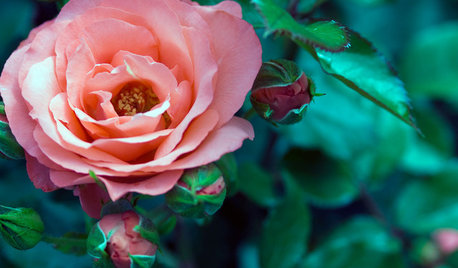
GARDENING GUIDESLearn the Secret to Bigger and Better Roses
Grow beautiful roses using both ordinary and unusual soil amendments
Full Story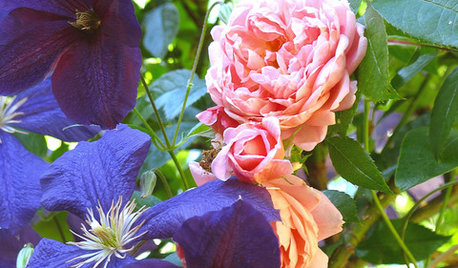
PLANTING IDEASGreat Garden Combo: Rose + Clematis for Small-Space Impact
We all need somebody to lean on. And when a rose supports a climbing vine, the results can totally transform a small garden
Full Story
GARDENING GUIDESYour Complete Guide to Fall Rose Care
Cooler temperatures are on their way, and it’s time to get your rosebushes ready for fall
Full Story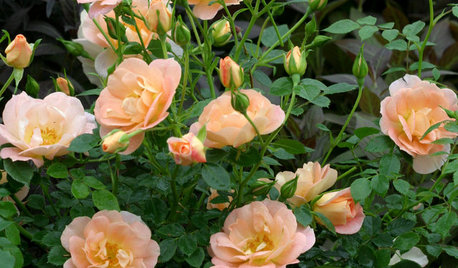
GARDENING GUIDES6 Wonderfully Easy Roses for Any Gardener
Look like an expert even if you're just starting out, with these low-maintenance gems of the rose world
Full Story





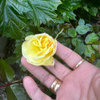
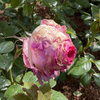
hoovb zone 9 sunset 23
Zyperiris
Related Professionals
Norfolk Landscape Architects & Landscape Designers · Woodinville Landscape Architects & Landscape Designers · Goodyear Landscape Contractors · Tempe Landscape Contractors · Columbine Landscape Contractors · Deerfield Beach Landscape Contractors · Euclid Landscape Contractors · Morrisville Landscape Contractors · Palos Verdes Estates Landscape Contractors · Pompton Lakes Landscape Contractors · San Pedro Landscape Contractors · San Rafael Landscape Contractors · South Portland Landscape Contractors · Chicago Ridge Landscape Contractors · Eastlake Landscape Contractorsmike_rivers
michaelg
roseman
berndoodle
jeff_zephyrOriginal Author